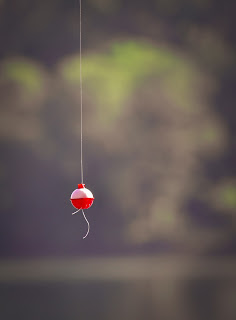In the case of
Chebbani v. U.S. Dept. of Agric., No. 5:21-CV-04298-JMG (E.D. Pa. May 1, 2023 Gallagher, J.), the court addressed cross-Motions In Limine filed by Plaintiffs and Defendants in a motor vehicle case to preclude each party’s expert witnesses in this federal court case.
The Plaintiffs filed a
Daubert motion seeking to preclude the opinions of the Defendant’s accident reconstruction expert and biomechanical engineering expert.
The Defendant filed a motion to preclude the testimony of a neurologist and pain management doctor who conducted an examination of the Plaintiff.
Relative to the Plaintiff’s motion to preclude the expert opinion of the accident reconstructionist and the biomechanical engineering expert retained by the defense, it was noted that there was an opinion by the defense expert that the Plaintiff’s vehicle was contacted at 2.5 mph and that the Plaintiff’s alleged injuries were, therefore, not consistent with the mechanism of injury.
The Plaintiff challenged the reliability of the experts’ opinions on the grounds that the experts did not conduct a physical examination of the vehicles.
The court denied the Plaintiff’s motions and noted that, the Defendant’s experts were unable to examine the vehicles because they were no longer available by the time the Complaint was filed. It was otherwise noted that the Defendant’s experts were able to examine at least twenty-one (21) other pieces of evidence, including photographs of the vehicles and an analysis of the software that the experts utilized to render their opinions.
The court also found that the biomechanical expert's opinion was supported by citations to pertinent studies. The court also noted that the biomechanical expert for the defense had properly relied upon the opinion of the accident reconstruction expert who opined that the accident had occurred at a minimum speed.
As such, the Defendant’s experts’ opinions were found to be reliable. Accordingly, the Plaintiff’s motion to preclude those expert opinions was denied.
The Defendant’s motion to preclude the expert opinion of the Plaintiff’s neurologist who had completed an examination of the Plaintiff was granted in part and denied in part.
The court found that the neurologist’s opinions and diagnoses regarding Plaintiff’s alleged injuries were partially admission.
The court confirmed that it would allow the doctor’s opinions that the Plaintiff had suffered post-concussive syndrome and post-traumatic headaches as a result of the accident based upon the doctor’s educational experience, the doctor's review of the records from before and after the accident, the physical examination of the Plaintiff, and the Plaintiff’s history.
However, the court stated that the Plaintiff had failed to show that the doctor’s diagnoses of an ocular motor dysfunction and a left shoulder sprain were reliable given that those conditions were merely mentioned in the Plaintiff’s medical records and that no such symptoms were noted to be present during the doctor’s examination of the Plaintiff.
The court also noted that the doctor’s diagnoses of a cervical sprain/strain injury and myofascial pain was not reliable or admissible where the Plaintiff had been treated for neck pain before the accident and the examining doctor did not review those records.
Accordingly, the court found that the doctor failed to thoroughly consider alternative causes for the diagnosis other than the accident. As such, the defense motion was granted in part and denied in part.
Anyone wishing to review a copy of this decision may click this
LINK. The Court's companion Order can be viewed
HERE.
Source: “Digest of Recent Opinions.” Pennsylvania Law Weekly (May 25, 2023).
























